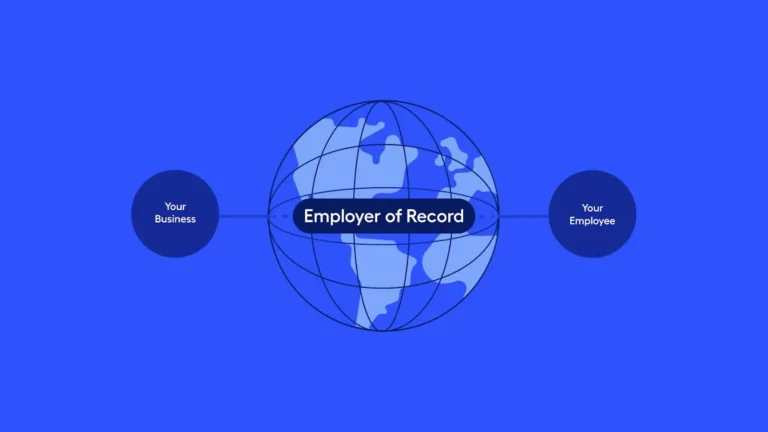Overtime
What is Overtime?
Overtime refers to any time worked beyond the standard hours set by a company for a full working day or week. Typically, this involves hours worked over 40 in a week, although this threshold can vary by country or specific job contracts. Overtime can be voluntary or mandatory and is often compensated at a higher rate than regular hours, commonly known as “overtime pay.”
Regulations and Entitlements
Overtime regulations are primarily governed by national labour laws, which determine when and how much workers should be paid for overtime. For example, in the United States, the Fair Labor Standards Act (FLSA) mandates that non-exempt employees receive at least one and a half times their regular pay rate for hours worked beyond 40 in a week. These laws are designed to protect workers from excessive work hours and ensure fair compensation for extended work periods.
Implications for Employees and Employers
For employees, overtime can significantly increase earnings but may also lead to increased stress, fatigue, and reduced work-life balance. For employers, offering overtime can be a flexible tool to manage increased workloads without hiring additional staff, but it can also increase labour costs and affect employee morale if relied upon too heavily.
Managing Overtime Effectively
Effective management of overtime is crucial for maintaining productivity and employee well-being. Employers should monitor overtime hours to ensure compliance with labour laws and avoid excessive reliance on overtime, which can be unsustainable. Additionally, clear communication of overtime policies and fair compensation practices is essential to maintain a motivated and productive workforce.
Overtime is a significant aspect of employment that affects both the financial and personal lives of employees. Understanding and managing overtime properly is vital for both employers and employees to ensure compliance with laws and to maintain a healthy working environment.
Employer of Record Platform
Build your global team in 150+ countries with our best-in-class EOR




